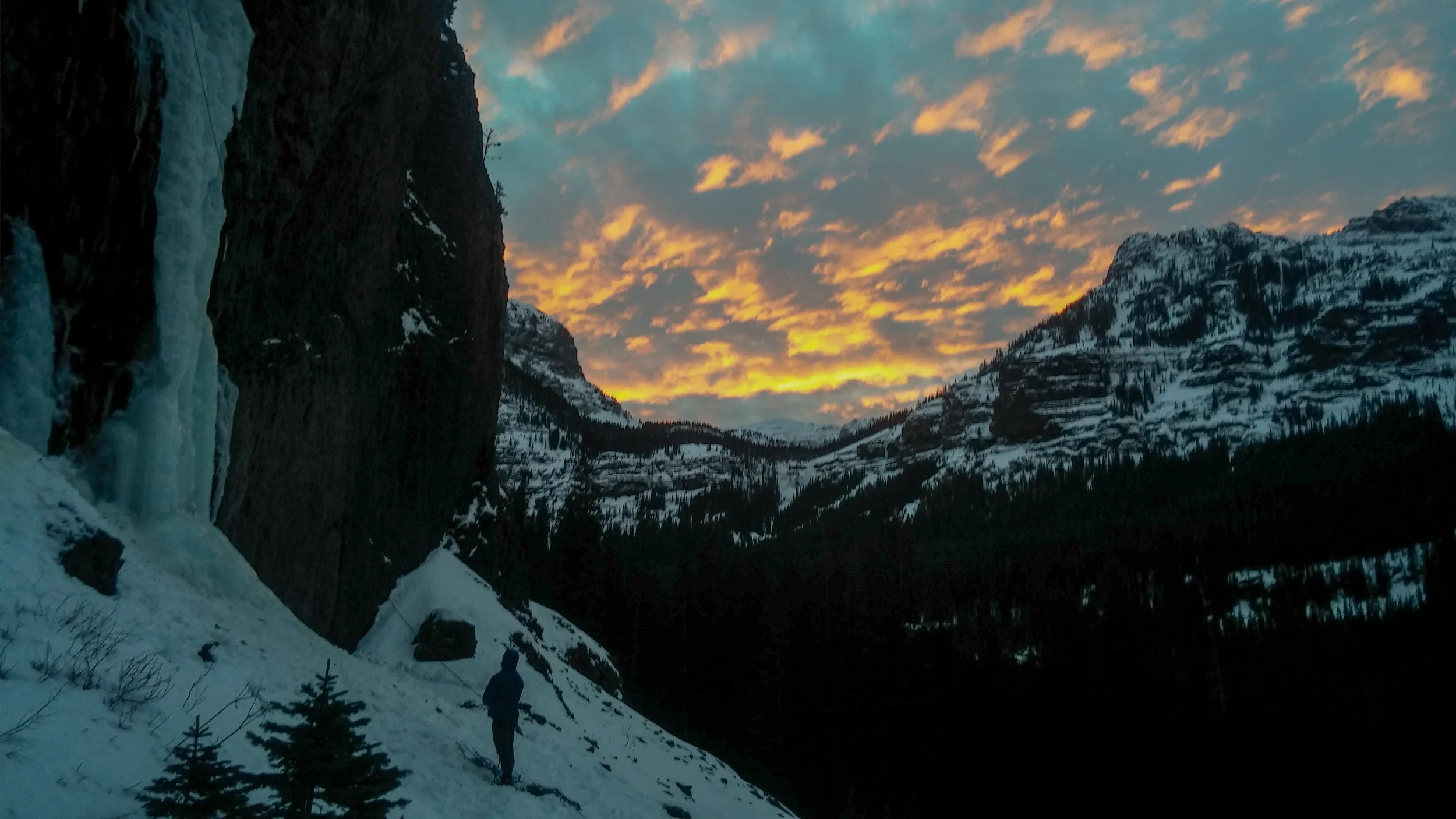The Climate Crux for Climbers by Paul Dale
/We play outdoors in the mountains but the outdoors is in crisis. This is not an isolated access issue but a global issue of existential consequences. The latest UN Intergovernmental Panel on Climate Change report in October 2018, starkly and unequivocally shows that we must drastically and immediately cut emissions in the next 12 years to avoid the worst consequences of the climate crisis.
The report is based on an analysis of over 6,000 peer-reviewed scientific articles by 91 scientists from 40 countries. The report was reviewed by over 1,000 scientists and approved by 195 UN countries, including the US.
First hand evidence is everywhere in the mountains and will only get worse:
"Mountains are among the most sensitive ecosystems to climate change" - UNESCO
"The Northern Rockies have experienced three times the global average temperature increase over the past century" - USGS
"Storms have triggered landslides in the Alps that have sent mud and debris pouring into villages" - Inside Climate News
"Climate change is roasting the Himalaya region, threatening millions" - National Geographic
"From 1941 to 2004 the front of the Muir Glacier in Alaska moved back 7 miles" - NASA
The graph below from the IPCC report shows the recent emissions increases and the immediate sharp reversal that is required. Your personal actions such as energy efficiency measures, and reducing beef in your diet are helpful, but not nearly as effective as raising your voice for political action. The changes we need cannot be made by individuals acting alone and will not be made by companies without pressure from us.
Here is what you need to do:
* VOTE the environment in every election. To help you do this, register today with the Environmental Voter Project at environmentalvoter.org.
* Call your state representative and senator and your US representative and senator often - once a month is good. You will get a staff person - ask that your legislator actively advocate for agressive climate mitigation legislation. Ask what the legislator has done recently. (Many legislators will say they support legislation, but more than that is needed. Ask that they write about it, attend and speak up at committee hearings, talk to their house or senate leadership. In other words, ask that they take direct action). Phone calls are much more impactful than emails and tweets are useless. Best of all is an in-person meeting. Many legislators have office hours where you can just show up or the MA Sierra Club can help you organize a meeting.
* Pay attention and stay informed. It takes some effort because many other news items crowd out this crisis. (That is the reason for this article. For example, the IPCC report came out in October, but most people are only vaguely aware of it). Joining the MA Sierra Club and getting action alerts is one way. It only costs $15. https://sierraclub.org/massachusettts
* Talk about the climate crisis to family, friends and neighbors. Speak up.
* Participate in rallies and demonstrations. Not everyone wants to do this - understood. Your direct interaction with your elected officials and getting others to do the same is more important.
People everywhere are waking up to this crisis and demanding action - add your voice; get involved. Persevere, this is a long term challenge.




